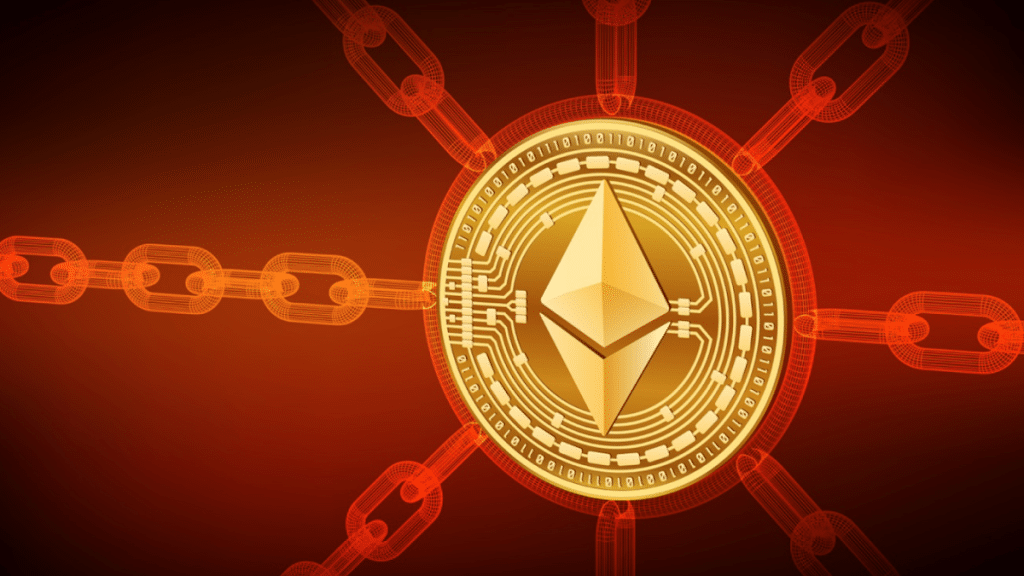As blockchain technology continues to revolutionize various sectors, the demand for skilled Solidity Developers is skyrocketing. This guide will walk you through the process of hiring a competent Solidity Developer, including understanding the role, identifying project requirements, defining necessary skills, and more.
Understanding the Role of a Solidity Developer
Solidity Developers play a pivotal role in designing, building, deploying, and managing smart contracts on Ethereum-based applications. These professionals are the backbone of decentralized applications (DApps), making them invaluable assets in the blockchain ecosystem.
Some primary responsibilities of a Solidity Developer include:
- Creating and deploying secure and efficient smart contracts.
- Conducting smart contract audits and penetration testing.
- Building application-specific integrations.
- Providing support for partner integrations.
- Documenting best practices around code quality and operations.
Grasping the Demand for Solidity Developers
The popularity of blockchain technology, compatibility with Ethereum Virtual Machine (EVM) networks, expansion of decentralized finance (DeFi), and supply-demand dynamics have driven an exponential increase in demand for Solidity Developers.
Identifying Your Blockchain Project Requirements
Before embarking on the hiring process, it is crucial to have a clear understanding of your project’s objectives, the specific blockchain platform you will be utilizing, as well as any additional technologies or frameworks involved. These essential details will enable you to identify the necessary skills required for your Solidity development project.
Defining the Needed Skills and Expertise
After understanding your project requirements, the next step is to outline the skills and experience necessary for the role. Proficiency in Solidity programming is fundamental, but other crucial skills may include:
- Experience with smart contracts
- Knowledge of blockchain concepts
- Familiarity with DApps development
- Understanding of security vulnerabilities in Solidity development
Crafting a Comprehensive Job Description
A well-detailed job description helps attract suitable candidates. Apart from listing the role, responsibilities, required skills, and experience level, it should also paint a picture of your company and the project.
Tapping into Specialized Channels for Sourcing
To tackle the difficulty of locating Solidity Developers with their unique skill set, explore targeted sourcing avenues. Engage with blockchain and cryptocurrency communities, actively participate in Solidity forums, and make use of blockchain talent marketplaces.
Screening Resumes and Portfolios
Once potential candidates are sourced, scrutinize their resumes and portfolios. Check for relevant experience in Solidity development, smart contract deployment, and interaction with decentralized applications.
Conducting Technical Interviews
Technical interviews help evaluate a candidate’s Solidity programming skills, understanding of blockchain protocols, and their ability to design and develop smart contracts.
Assessing Security and Auditing Skills
Assessing a candidate’s knowledge of security vulnerabilities and best practices in Solidity development is crucial. Inquire about their experience with smart contract auditing, code review, and their ability to write secure contracts.
Reviewing Code Samples and Contributions
Analyzing code samples or contributions from the candidates’ previous projects can provide insightful data about their coding skills. Look for adherence to best practices and their ability to write clean, maintainable Solidity contracts.
Checking References
Contacting the candidates’ references can provide valuable insights into their work ethic, professionalism, and ability to deliver quality results.
Final Interview and Contract Negotiation
Invite the most qualified candidates to a conclusive interview, where they can interact with key stakeholders or blockchain experts to address any remaining questions or concerns.
Onboarding and Collaboration
Once you’ve successfully hired a Solidity Developer, ensure a smooth onboarding process. Introduce them to the team and assign a mentor to help them integrate into the organization.
Cost to Hire a Solidity Developer
The average base salary for a Solidity Developer can range anywhere from $100,000 to $220,000 in the US. Freelancers may charge an hourly rate from $81 – $350, depending on their expertise.
Learning Solidity Development
If you’re a developer seeking to enter the blockchain industry, mastering Solidity can provide an excellent foundation. With prior experience in programming languages like C++, Python, or JavaScript, you can acquire Solidity skills within a few months through a Bootcamp or a similar program.
Final Thoughts
Hiring the right Solidity Developer requires thorough evaluation of their technical skills, experience in blockchain technologies, and ability to write secure and efficient contracts. However, with the right approach and resources, you can find a Solidity Developer who aligns with your organization’s values and contributes effectively to your projects.
Solidify Your Project’s Success with the Right Solidity Developer – Choose Solidity.io
As we conclude this guide, it’s clear that hiring a skilled Solidity Developer is more than just a recruitment task; it’s a strategic decision crucial for the success of your blockchain project. At Solidity.io, we understand the complexities and nuances of this process.
With Solidity.io, you gain access to a curated pool of top-tier Solidity Developers, each bringing a unique blend of technical expertise and practical experience in blockchain technology. We pride ourselves on understanding the intricacies of blockchain projects and how the right developer can make a significant difference.
By partnering with Solidity.io, you’re choosing a path that leads to innovative solutions, robust smart contract development, and a competitive edge in the blockchain space.
Contact Solidity.io today to find the Solidity Developer who will propel your project to new heights. Let’s turn your blockchain vision into reality.

